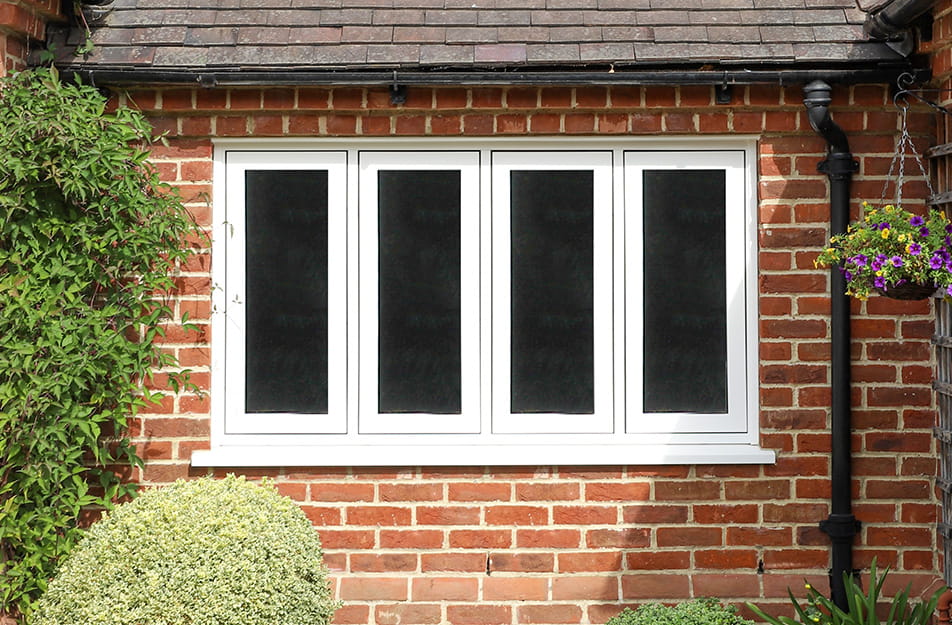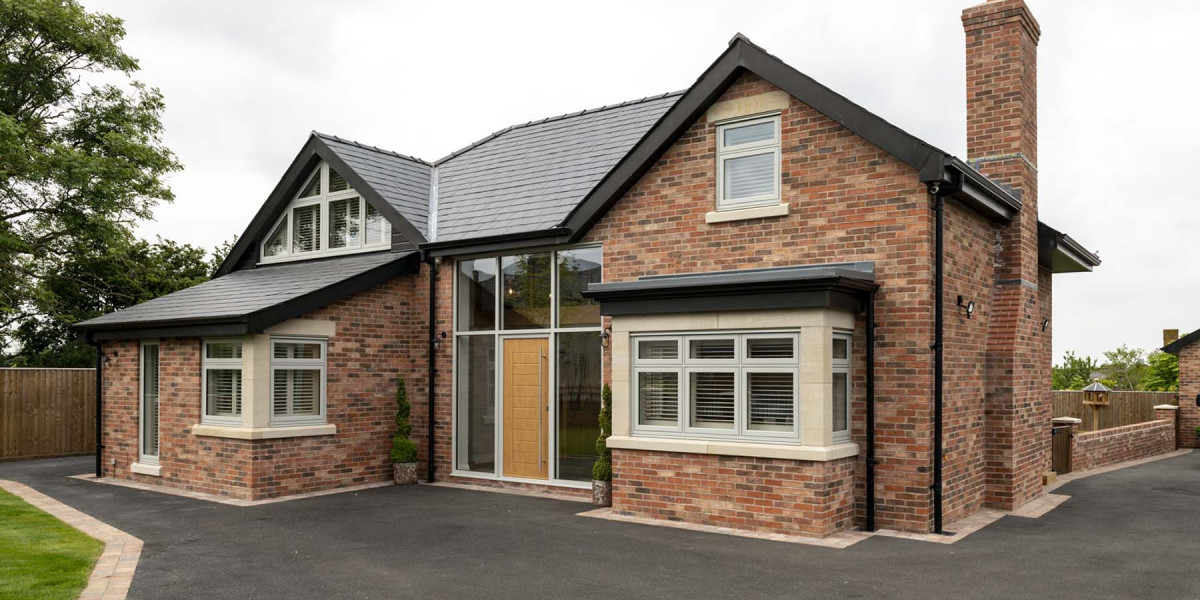In today’s fast-paced world, where space optimization is crucial for both residential and commercial environments, glass partitions have emerged as a popular solution. These architectural elements not only enhance the aesthetic appeal of a space but also offer numerous practical benefits. This article explores the various aspects of glass partitions, their types, advantages, installation processes, and considerations for their use.
What are Glass Partitions?
Glass partitions are non-load-bearing walls made primarily of glass that are used to divide spaces within a building. They can be either framed or frameless and come in various thicknesses, textures, and finishes. Glass partitions allow for the creation of separate areas without completely enclosing them, maintaining an open and airy feel while providing necessary privacy.

Types of Glass Partitions
- Framed Glass Partitions: These partitions are supported Doors By Ideal Glass a framework, typically made of aluminum or steel. The frame provides additional strength and stability, making them suitable for high-traffic areas. Framed glass partitions can also accommodate various glass types, including tempered or laminated glass.
- Frameless Glass Partitions: As the name suggests, these partitions do not have a visible frame. They rely on the strength of the glass itself and are often used in modern office designs for a sleek, minimalist look. Frameless glass partitions can be customized in size and shape to fit specific design needs.
- Sliding Glass Partitions: These are designed to slide open and closed, allowing for flexible space management. Sliding glass partitions are ideal for areas that require occasional separation, such as conference rooms or collaborative workspaces.
- Frosted or Textured Glass Partitions: For added privacy, frosted or textured glass can be used in partitions. This type of glass diffuses light while obscuring visibility, making it perfect for offices or meeting rooms where confidentiality is essential.
Advantages of Glass Partitions
- Natural Light: One of the most significant benefits of glass partitions is their ability to allow natural light to flow through spaces. This not only enhances the aesthetic appeal but also creates a more pleasant and productive environment.
- Space Optimization: Glass partitions can create distinct areas in open-plan spaces without the bulkiness of traditional walls. This flexibility is particularly valuable in offices, where the need for collaboration and privacy often coexists.
- Aesthetic Appeal: Glass partitions contribute to a modern and sophisticated look. They can be customized with various finishes and designs, making them suitable for any interior décor.
- Acoustic Performance: While glass partitions are often perceived as providing little sound insulation, advancements in technology have led to the development of acoustic glass. This type of glass can significantly reduce noise transmission between spaces, making it ideal for offices and conference rooms.
- Easy Maintenance: Glass partitions are relatively easy to clean and maintain. Regular cleaning with appropriate glass cleaners can keep them looking pristine, and any scratches or damages can often be repaired without needing to replace the entire partition.
- Sustainability: Many glass partition systems are made from recyclable materials, contributing to sustainable building practices. Additionally, their ability to maximize natural light can reduce reliance on artificial lighting, leading to energy savings.
Installation Process
The installation of glass partitions typically involves several steps:
- Planning and Design: Before installation, it is crucial to assess the space and determine the best layout for the glass partitions. This includes considering factors such as the purpose of the space, the desired level of privacy, and the flow of natural light.
- Measurements: Accurate measurements are essential for ensuring that the glass panels fit correctly. This step often involves measuring the height, width, and any architectural features that may affect the installation.
- Fabrication: Once the design is finalized, the glass panels are fabricated according to the specifications. This may involve cutting the glass to size, applying any finishes, and preparing the frame if necessary.
- Installation: Professional installers will typically handle the installation process. This includes securing the glass panels in place, ensuring they are level and properly aligned. Safety precautions are paramount during this stage, as glass is a fragile material.
- Finishing Touches: After installation, any necessary finishing touches are applied. This may include sealing edges, adding hardware for sliding partitions, or installing door frames.
Considerations for Using Glass Partitions
While glass partitions offer numerous benefits, there are also considerations to keep in mind:
- Cost: The initial investment for glass partitions can be higher than traditional walls due to the materials and installation processes involved. However, the long-term benefits may outweigh these costs.
- Privacy: Depending on the type of glass used, privacy can be a concern. It is essential to assess the level of privacy required for different spaces and choose the appropriate glass type accordingly.
- Building Codes and Regulations: Before installing glass partitions, it is vital to check local building codes and regulations. This ensures compliance with safety standards and zoning laws.
- Maintenance: While glass is easy to clean, it can show fingerprints, smudges, and dust more readily than traditional walls. Regular maintenance is necessary to keep the partitions looking their best.
- Thermal Performance: Glass can be less effective at insulating against temperature changes compared to traditional walls. Using double-glazed or insulated glass can help mitigate this issue.
Conclusion
Glass partitions have revolutionized the way we think about space management in both residential and commercial environments. Their ability to create distinct areas while maintaining an open feel makes them an attractive option for modern design. With various types available and numerous benefits, glass partitions are a versatile solution for those looking to enhance their spaces. As the trend towards open-plan living and working continues, the demand for innovative solutions like glass partitions is likely to grow, making them a staple in contemporary architecture. Whether for a corporate office, a creative studio, or a home, glass partitions offer an elegant and functional way to redefine spaces.








